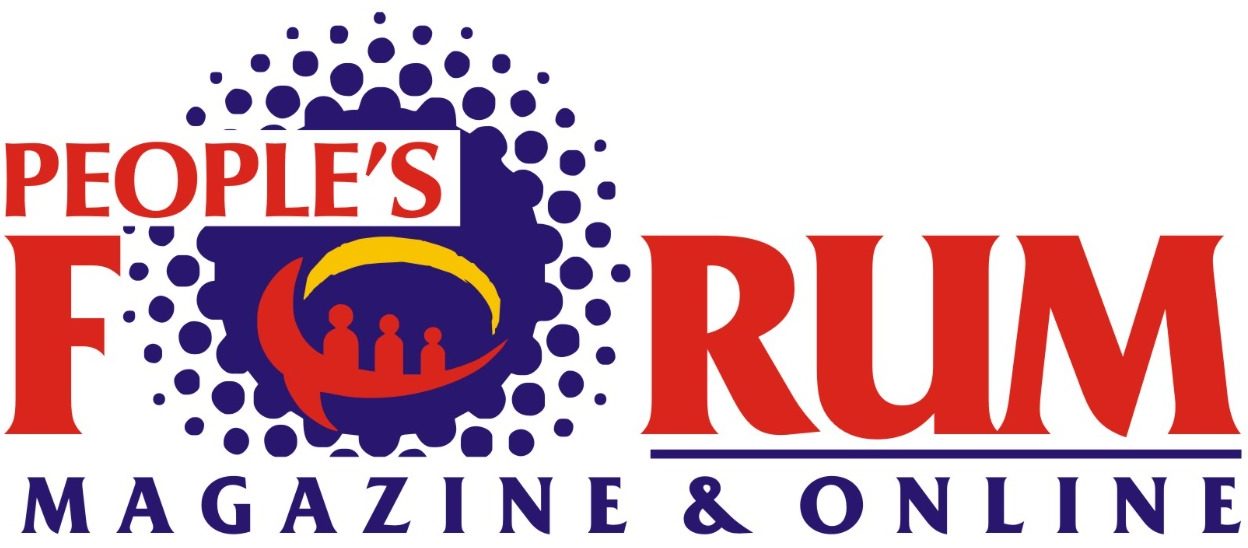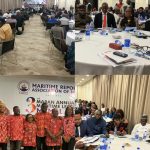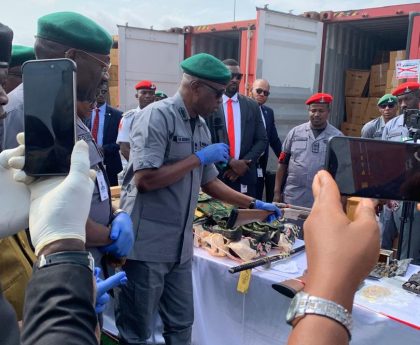At the 3rd Annual Maritime Lecture hosted by the Maritime Reporters Association of Nigeria (MARAN), Nigeria’s Minister of Marine and Blue Economy, His Excellency Adegboyega Oyetola, CON, made a bold call for the removal of war risk insurance premiums levied on vessels heading to Nigeria. He described the charges as outdated, unjust, and a drag on the nation’s economic competitiveness.
Represented by his Special Adviser on Media and Communications, Dr. Bolaji Akinola, the Minister outlined the Ministry’s major achievements since its establishment in 2023. He argued that Nigeria’s improved maritime security and infrastructure warrant its removal from global high-risk classifications.
Among the Ministry’s accomplishments:
– Resolution of the Apapa gridlock, restoring port efficiency and investor confidence
– Launch of Africa’s first National Policy on Marine and Blue Economy, covering shipping, fisheries, offshore energy, aquaculture, tourism, and maritime services
– Approval for the modernisation of Lagos and Tin Can Island Ports, with Eastern Port upgrades in progress
– Doubling of agency-generated revenue from ₦700.79 billion in 2023 to ₦1.39 trillion in 2024 — a historic high
– Activation of the long-dormant Cabotage Vessel Financing Fund to support indigenous shipowners
– Formation of a National Flag Carrier Technical Committee to establish a private-sector-led national shipping line
– Expansion of local fish production and aquaculture to boost food security
– Strengthening of inland waterway safety through new regulations, patrols, and vessel standards
Despite these strides, Oyetola expressed concern over the continued imposition of war risk insurance premiums, which have cost Nigeria an estimated $1.5 billion in recent years. He emphasized that the narrative of piracy and insecurity no longer reflects reality, citing four consecutive years without piracy incidents — thanks to the Deep Blue Project.
The Deep Blue Project, a collaboration between NIMASA and the Nigerian Navy, integrates air, land, and sea assets for real-time surveillance and interdiction. Its success has earned Nigeria global recognition, including commendations from the International Maritime Organization and removal from the International Bargaining Forum’s high-risk list. Yet, insurers like Lloyd’s of London have yet to revise their classifications.
Oyetola assured stakeholders that the Ministry is actively engaging with BIMCO, the International Chamber of Shipping, and Lloyd’s, presenting hard data to support Nigeria’s improved security profile. He also pledged continued investment in maritime safety, regional cooperation under the Yaoundé Architecture, and the development of local maritime insurance to retain economic value.
Closing his remarks, the Minister expressed optimism about the future of Nigeria’s blue economy. He reaffirmed the government’s commitment to securing waterways, modernising ports, empowering local operators, and building a sustainable maritime sector that drives growth and job creation.
Formally opening the lecture, Oyetola invited participants to share insights and recommendations to help shape policy and advance Nigeria’s maritime industry.





